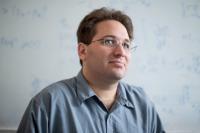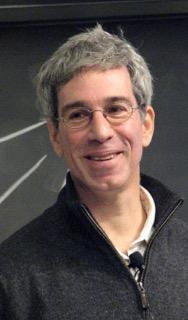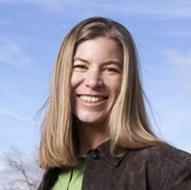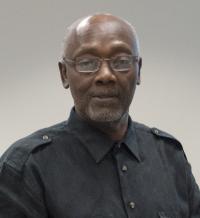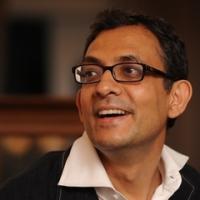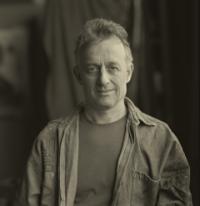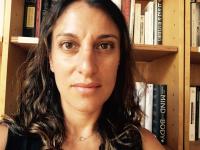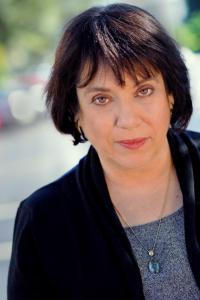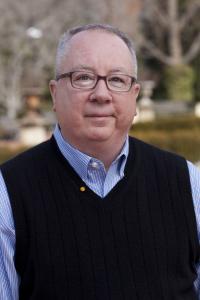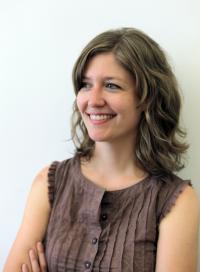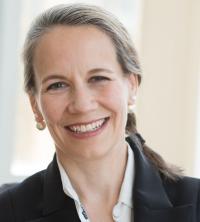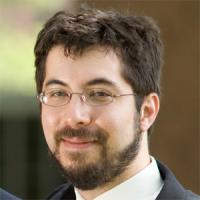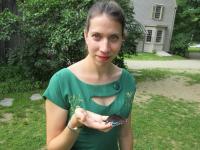Alex Blumberg is the CEO of Gimlet Media. Before Gimlet, he was a radio journalist at This American Life, and the co-founder, along with Adam Davidson, of the This American Life/NPR co-production Planet Money. Blumberg left a long career in public radio to launch Gimlet, a for-profit podcast network focusing on narrative journalism and story-telling. Gimlet produces three podcasts: StartUp, the true story of what it’s like to launch a business; Reply All, a show about the internet; and Mystery Show, a podcast where the host solves everyday mysteries. His work has won every major award in broadcast journalism, including the Polk, the duPont-Columbia, and the Peabody. Blumberg's award-winning documentary on the housing crisis, The Giant Pool of Money, which he co-reported and produced with Adam Davidson, was named one of the last decade's top ten works of journalism by the Arthur L. Carter Journalism Institute at New York University. Blumberg co-founded Planet Money with Adam Davidson. Planet Money, through podcasts, radio stories, documentaries and blog posts, delivers economic journalism in a fresh, accessible, humorous, yet hard-hitting way. Blumberg executive produced the interactive project "Planet Money Makes a T-Shirt," which won almost every major online award including an Emmy.
Pitch Guidelines
Gimlet Media is the premier media company focused on narrative podcasts. Our scope of interests is broad. For an idea of types of narratives that interest us, please listen to our initial 3 shows: StartUp, a documentary radio show about what it's really like to start a business, Reply All, a show about the internet, and Mystery Show, a show where host Starlee Kine solves everyday mysteries. For the full story of Gimlet’s creation, listen to season one of StartUp. Of the three, Reply All is the one that deals most often with science topics, particularly computers and mobile technology and their impact on society. We're constantly looking for narrative stories for that show. They should involve the internet, have a human at the center of them, and be surprising in some way. In addition, we have several new shows that we'll be launching over the next several months involving science. One explores family history with occasional dips into evolutionary biology. Another examines popular fads through the lens of science. Another will deal with medicine and health care. Finally, just to put it out there, we're constantly on the lookout for smart, narratively savvy journalists and producers, preferably with radio experience, to hire.
